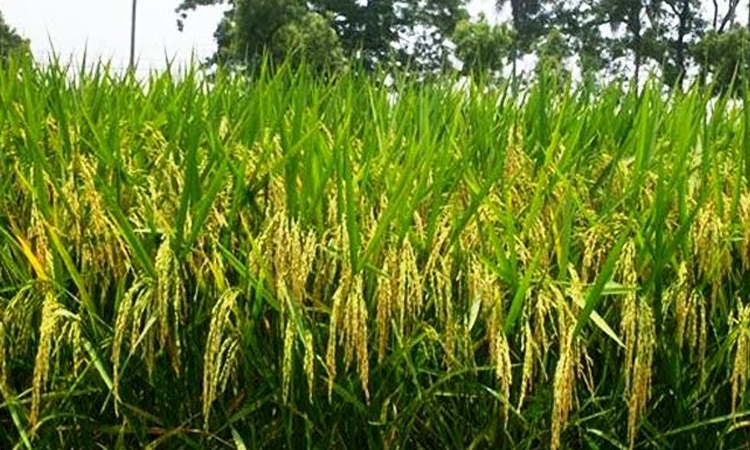News Flash

GAZIPUR, June 19, 2025 (BSS) - The Bangladesh Rice Research Institute (BRRI) has developed three new varieties of rice-BRRI Dhan 112, BRRI Dhan 113, and BRRI Dhan 114-which have been approved for cultivation across the country.
The three newly developed varieties are: salinity-tolerant BRRI-112, high-yielding Boro BRRI-113, and blast disease-resistant BRRI-114.
With these new additions, BRRI has developed a total of 121 rice varieties, including eight high-yielding or hybrid ones.
The three new varieties were approved at the 114th meeting of the National Seed Board (NSB) on Wednesday.
Agriculture Ministry Secretary Mohammad Emdad Ullah Mian presided over the meeting, which was attended by BRRI Director General Mohammad Khalequzzaman and senior officials from relevant ministries and departments.
The BRRI authorities said that among the newly developed varieties, BRRI Dhan-112 is salinity-tolerant and of medium duration. It is capable of yielding 4.14 to 6.12 tons per hectare, depending on the salinity level. Its lifespan is 120 to 125 days, and the plant height ranges from 103 to 105 centimeters.
Additionally, this variety has strong plants, which means it does not lodge easily. The grains are medium-fine, white, and clean, and the rice does not easily shatter from the panicles.
On the other hand, BRRI Dhan-113 has been developed as an alternative to the popular BRRI Dhan-29 variety used during the Boro season. It is high-yielding, with medium-fine grains. Its leaves are erect, wide, and long, and the plant remains green even when ripe. It is strong and does not bend easily. The average lifespan is 143 days. The rice is medium-fine and white, with an average yield of 8.15 tons per hectare.
The BRRI authorities also said that BRRI Dhan-114 is a long-duration, blast disease-resistant variety for the Boro season. Its leaves are dark green, and the plant is tall, wide, and strong, resisting lodging. Its average yield is 7.76 tons per hectare.
A key feature of this variety is its resistance to blast disease. As a result, farmers will not have to worry about blast infections, and production costs will be reduced.
In this regard, BRRI Director General Mohammad Khalequzzaman said, "Now that the varieties have been approved, we will be able to market these rice seeds. Farmers will benefit from cultivating these new varieties, and their production will increase. Rice could not be cultivated in coastal areas due to high salinity in the water. Now, our BRRI Dhan-112 can be easily cultivated in those areas."
He added, "Apart from this, we are optimistic that the other varieties will also make an important contribution to our overall rice production."